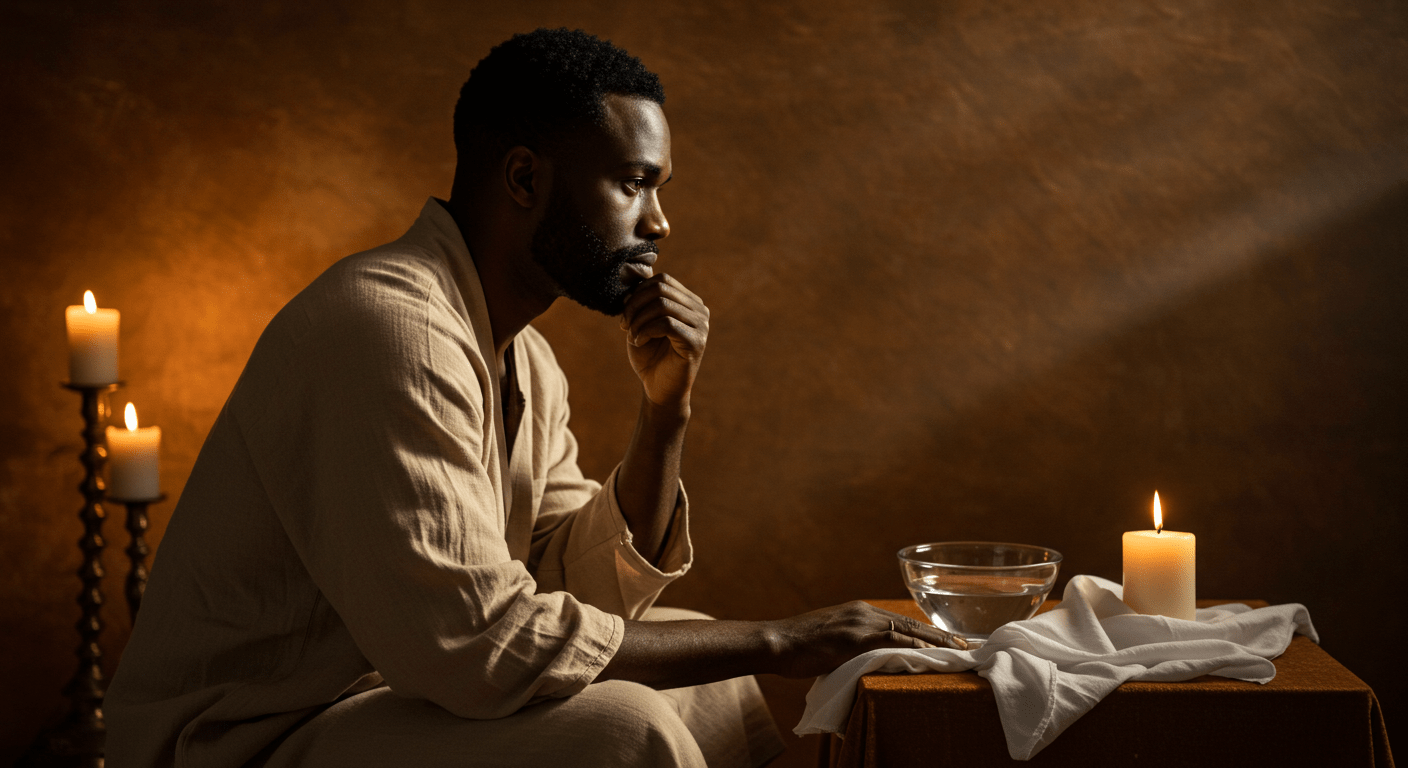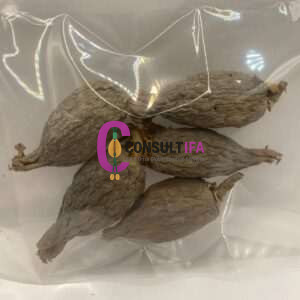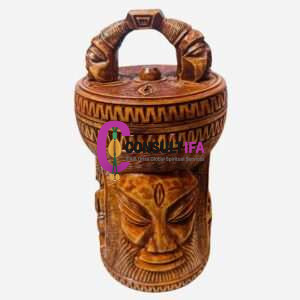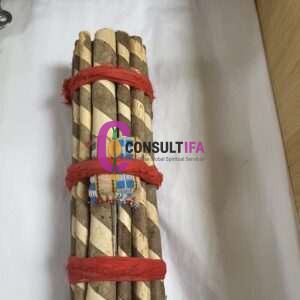History of the Yoruba People: Origins, Kingdoms, and Cultural Legacy
The Yoruba are one of the most prominent and culturally influential ethnic groups in West Africa. With a population numbering tens of millions across Nigeria, Benin, Togo, and the diaspora, the Yoruba boast a deeply rooted heritage that spans millennia. From ancient kingdoms to modern global influence, the history of the Yoruba people is both rich and enduring.
Origins and Mythology of the Yoruba
- Spiritual Origins: According to Yoruba mythology, the world was created by Olódùmarè, who sent Òrìṣà Nlá (Obàtálá) to form the earth. Another deity, Odùduwà, descended and became an ancestral figure for Yoruba kings.
- Odùduwà and the Ancestral Kingdom: Odùduwà is believed to have founded Ilé-Ifẹ̀, regarded as the cradle of Yoruba civilization and spiritual authority.
THE IFA DIVINATION PROCESS AND THE CLIENT
Ilé-Ifẹ̀: The Cradle of Yoruba Civilization
- Spiritual Significance: Ilé-Ifẹ̀ is the spiritual source where the gods are believed to have descended to create the world.
- Art and Technology: Ancient bronze and terracotta sculptures discovered in Ifẹ̀ date back to the 11th century, showcasing advanced craftsmanship.
- Dynastic Legacy: The Ọọ̀ni of Ifẹ̀ is considered a direct descendant of Odùduwà and remains a key spiritual figure in Yoruba tradition.
The Yoruba Kingdoms and Political Structure
- Oyo Empire (14th–19th Century): Known for its military strength, cavalry, and centralized administration, the Oyo Empire was a dominant force in West Africa.
- Other City-States: Kingdoms like Ijèbú, Egba, and Ìjẹ̀ṣà had well-organized governments and thrived in trade, diplomacy, and culture.
- Interconnection: These states shared spiritual, political, and artistic influences, especially with Benin and Ifẹ̀.
Religion, Orisha Worship, and Ifá System
- Òrìṣà Worship: The Yoruba pantheon includes deities like Ṣàngó, Ògún, Ọ̀ṣun, Yemoja, and Ọbàtálá, each governing different aspects of life and nature.
- Ifá Divination: The Ifá system is a sacred method of divination overseen by Babaláwo and Ìyánífá, using Odù Ifá verses to reveal destiny and spiritual truth.
- Initiations: Rites such as Ìṣẹ̀fá and Ìtàfà connect individuals with their spiritual destiny and lineage.
Transatlantic Slave Trade and the Yoruba Diaspora
- Slave Raids and War: The collapse of empires like Oyo led to internal wars and slave raids. Many Yoruba were captured and sold into slavery.
- Brazil and Cuba: Yoruba religious and cultural traditions survived as Candomblé in Brazil and Santería (Lucumí) in Cuba.
- Wider Influence: Yoruba descendants can be found in Trinidad, Haiti, and the U.S., where they preserved their beliefs through coded rituals and syncretism.
Colonial Era and Modern Nigeria
- British Rule: By the late 19th century, Yoruba lands were colonized by the British and absorbed into Nigeria’s political system.
- Education and Nationalism: Yoruba regions embraced education early. Figures like Obafemi Awolowo became influential leaders in Nigerian independence and politics.
- Cultural Contributions: Writers, artists, and intellectuals like Wole Soyinka and Fela Kuti emerged from Yoruba communities.
Contemporary Yoruba Identity
- Language and Media: Yoruba is widely spoken in Nigeria and abroad. Films, books, and music continue to promote Yoruba identity.
- Global Recognition: Festivals like Osun-Osogbo are recognized by UNESCO and attract global pilgrims.
- Spiritual Revival: Yoruba religion has gained global followers in North America, Latin America, and Europe, especially among African descendants seeking ancestral roots.
“Ilé la ti n kẹ̀ sọ rọ́dò.”
– “Charity begins at home.” This Yoruba proverb reminds us of the value of cultural roots in shaping one’s journey.
Conclusion
The history of the Yoruba is a testament to resilience, spirituality, and innovation. From the sacred origins in Ilé-Ifẹ̀ to global recognition across the Americas and beyond, the Yoruba have maintained a vibrant cultural legacy. Today, they remain a beacon of African excellence and continuity.






